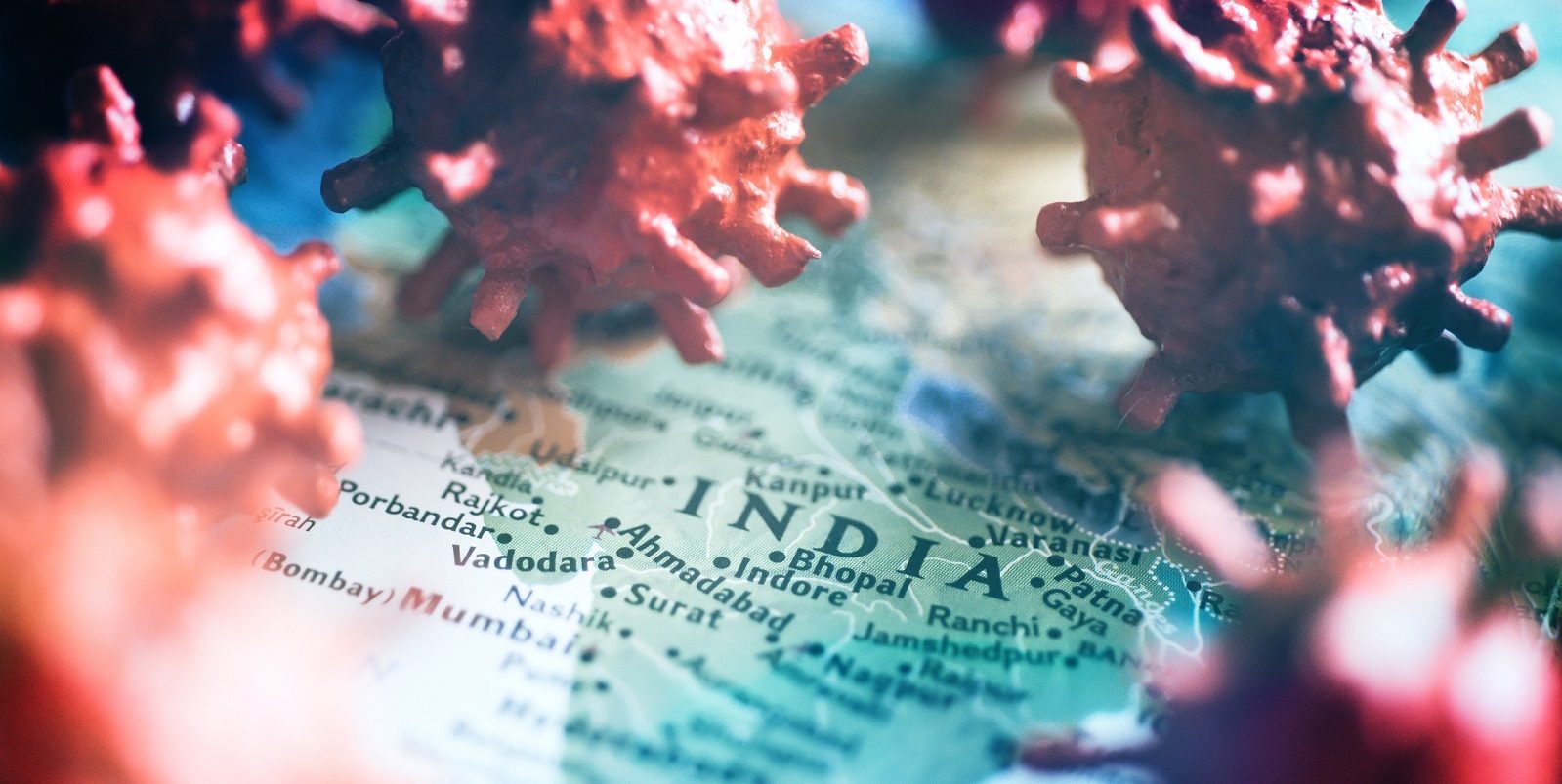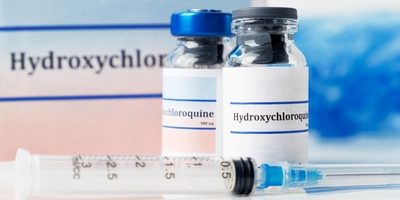
Low-cost, scalable alternate treatment for COVID-19 patients
Reducing dependence on scarce ventilators - Innovative 3-D printed masks to treat acute respiratory distress syndrome in COVID19 positive patients
Health care systems globally are currently being overwhelmed with COVID. Increasing caseloads are reducing the capacity of hospitals, intensive care units and skilled staff to deliver critical care.
New highly potent mutant strains raise great COVID-19 threat, particularly with respiratory infection, requiring additional oxygen support and therapy. In severe cases, ventilator support is required. Sadly, specialised ventilators are also in short supply.
In India, COVID-19 cases are slated to go up to over 300 million and the number of ventilators needed is projected at around 220,000. India is facing an overwhelming shortage of critical care units, equipment and trained staff.
Reducing the need for ventilator support will ease the burden on healthcare system and save money. Money that can be used for other health needs. Together with a focus on vaccines for prevention and medicinal therapeutics for treatment, developing alternative respiratory support options might minimise the need for mechanical ventilation.
The George Institute’s solution? Using innovative 3-D printed masks, a non-invasive solution which works on the same physiological principle of mechanical ventilators to treat respiratory failure and reduce dependence on specialised ventilators. These can be run on an oxygen cylinder or a wall outlet and removes the need for humidification or heating devices. It’s cheaper and simpler to use, making it easier to roll out and use in district hospitals and primary health care centres that don’t have intensive care unit beds. These 3-D printed masks will better protect frontline healthcare workers, reduce dependence on mechanical ventilators and allow triaging of patients so that only the most severe cases need intensive care.
Help us to test the efficacy of the 3-D printed masks and reduce dependence on specialised ventilators.



